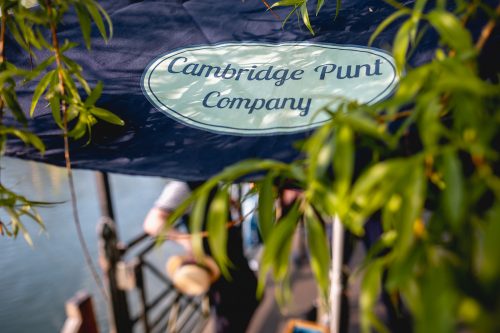Cambridge Scientists: Shaping the World Through Discovery
Exploring Cambridge is not just a journey through cobblestone streets and river punts—it is a pilgrimage to the birthplace of the modern scientific revolution.

Exploring Cambridge is not just a journey through cobblestone streets and river punts—it is a pilgrimage to the birthplace of the modern scientific revolution.

One of the most intriguing and little-known traditions of the University of Cambridge is the secretive and daring practice of night climbing.

Lights, Camera, Cambridge: A Movie Lover’s Guide to Famous Filming Locations in Cambridge Cambridge isn’t just a world-renowned university city—it’s also a cinematic treasure trove...